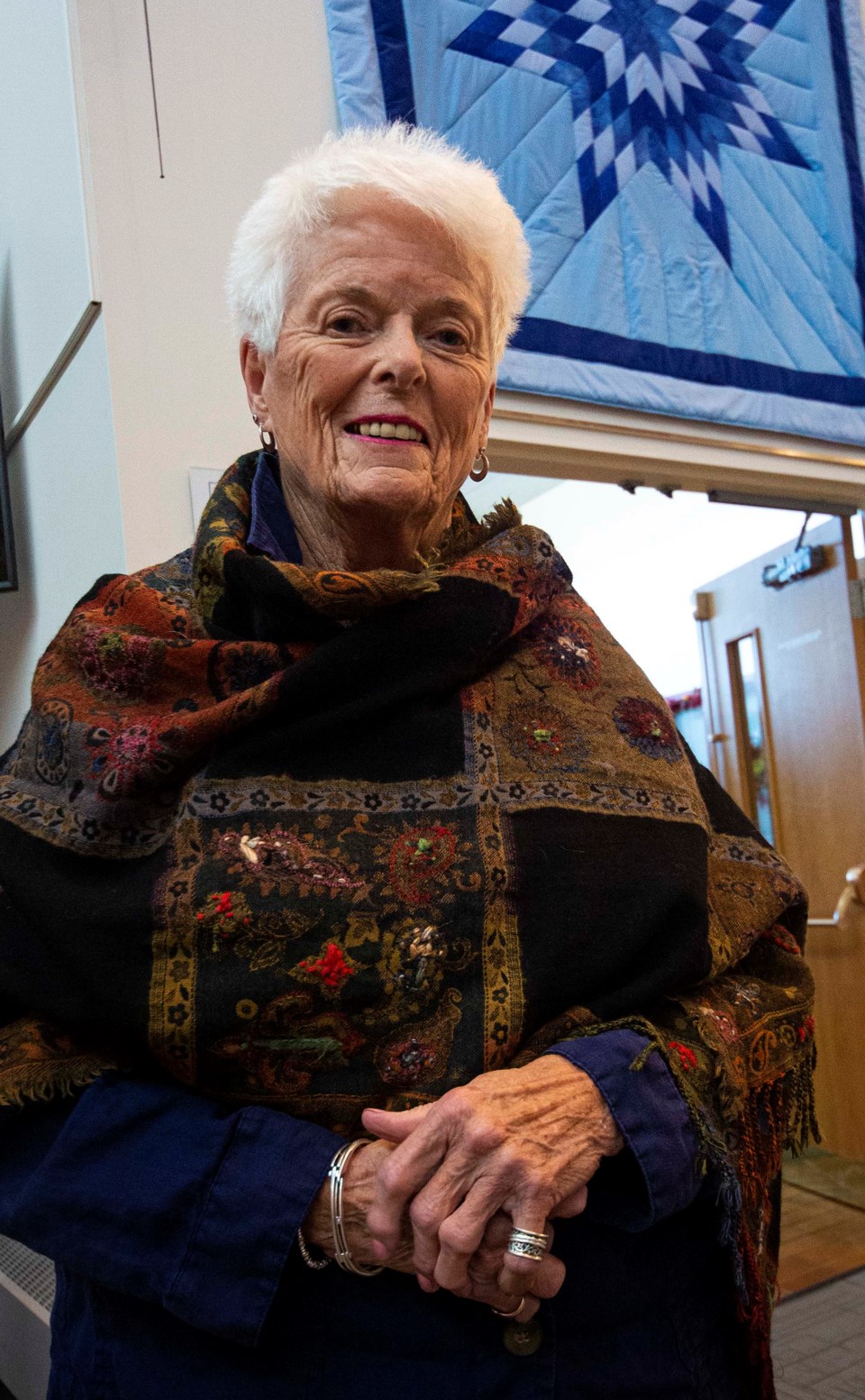An award-winning Indigenous educator is coming to St. Albert’s United Church this weekend to help city residents build new relationships with Canada’s First Peoples.
Educator and Queen’s Golden Jubilee Medal recipient Patricia Makokis is co-hosting a workshop on truth and reconciliation Oct. 26 at the St. Albert United Church with sociologist Davina Rousell. About 60 people from across Alberta are expected to attend.
Rousell has done extensive research on understanding and addressing racism through an Indigenous lens, while Makokis is known worldwide for her expertise on Indigenous issues and has developed curriculum for the Nechi Training Institute by St. Albert.
Workshop co-organizer Marilyn McSporran said the Truth and Reconciliation Commission has put out the truth of the history of Canada’s residential school system and how it sought to exterminate Indigenous culture and involved terrible acts of hate and abuse in the process.
“We are responsible for making things right.”
McSporran said St. Albert United had held numerous blanket exercises before (which use blankets to discuss Canada’s colonial history from an Indigenous perspective) and wanted to do something different to put truth and reconciliation into action. She knew Makokis and Rousell through the University of Alberta and asked them to put on a workshop – one that has since drawn interest from across the province.
“There’s been so much talk about reconciliation,” she said, and this workshop aims to help people turn that talk into action as allies of Indigenous Canadians.
McSporran said the workshop would discuss what good relations mean in the context of Canada’s history, the importance of the Indigenous treaties and the role of churches in putting the Truth and Reconciliation Commission’s Calls to Action (four of which apply directly to churches) into effect.
Canada’s colonial treatment of Indigenous people has harmed all Canadians by shackling them with myths and stereotypes and denying them knowledge of Indigenous perspectives and worldviews, Makokis said.
“In our colonial history, our relationships have been severed.”
In addition to knowing that history, Makokis and Rousell said being a good ally means understanding how privilege and prejudice shape relationships.
Rousell said Canada’s decision-makers have long been mostly white men, and their prejudices shaped legislation and social attitudes in ways that oppress Indigenous people.
“Who else in this country has had their identity governed by legislation to the same level as Indigenous people do?” she said.
These prejudices create barriers non-Indigenous people don’t even know exist, said Rousell and Makokis – apartments that suddenly aren’t for rent when the owner realizes the applicant is Indigenous, for example, or store staff that suspect you of shoplifting based on the colour of your skin.
“Those are things that happen to Native people on a regular basis,” Makokis said.
When we know that this bias and privilege exists, though, we can work with members of our local Indigenous communities to remove the barriers it creates, Rousell said.
“It takes all of us to do that,” she said, and the outcome will be different for every community.
McSporran said the three-hour workshop will start at 9 a.m. and be followed by an optional afternoon discussion on where to go next. Coffee and lunch are included.
Call 780-458-8355 or [email protected] for details on the workshop.




